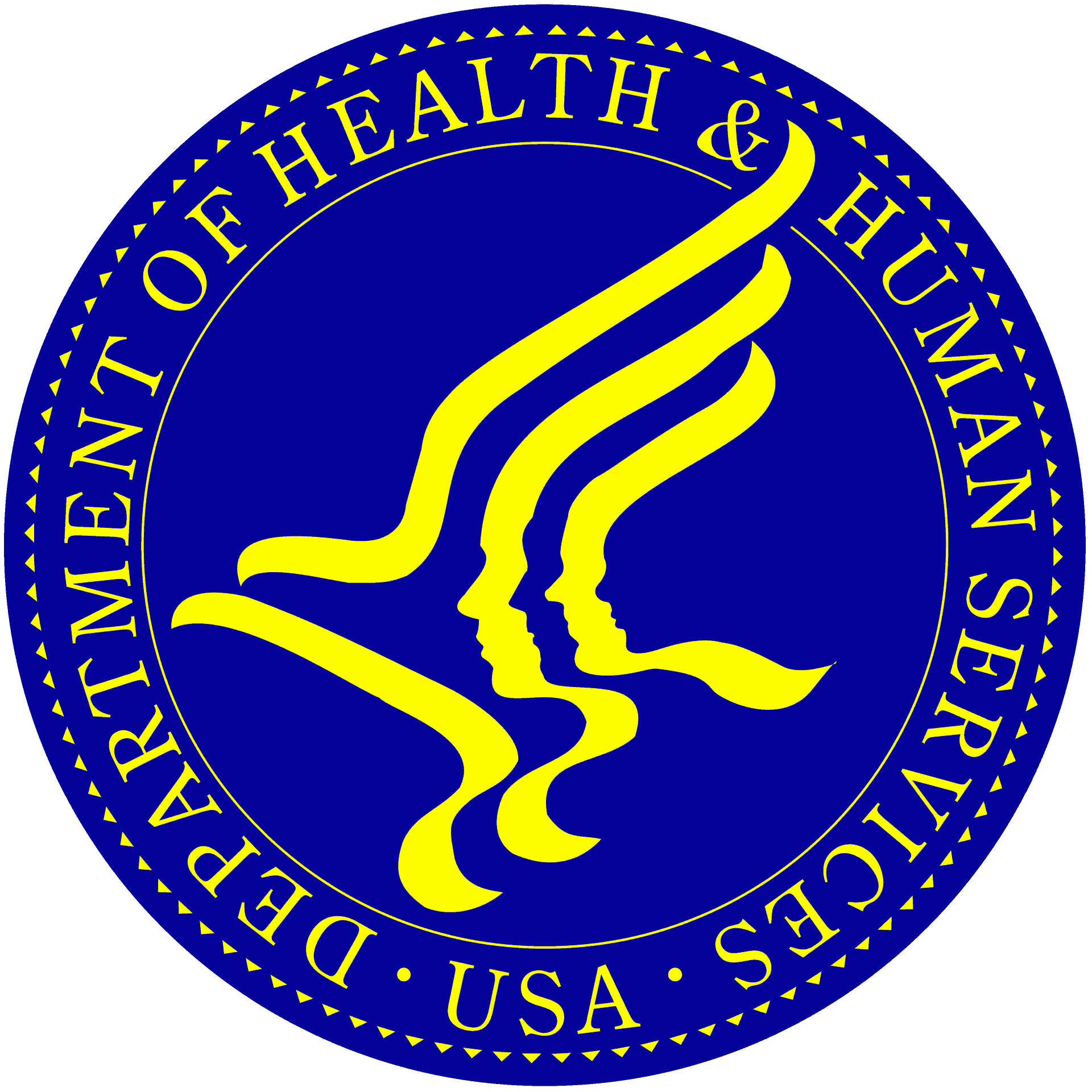Comments in Response to the Department of Health and Human Services: Department of Health and Human Services Good Guidance Practices

COMMENTS SUMMARY
NCLA submitted the following comment in response to the Department of Health and Humans Services’ (HHS) request for comment on its August 20, 2020 notice of proposed rulemaking. See Department of Health and Human Services Good Guidance Practices, 85 Fed. Reg. 51396 (Aug. 20, 2020) (to be codified at 45 C.F.R. subtitle A, subchapter A, pt. 1) (HHS Proposed Guidance Procedures Rule).
Under its Proposed Guidance Procedures Rule, “HHS’s response to any [petition for review of improperly issued guidance] would be considered final agency action reviewable in court.”1 Id. at 51399. NCLA commends HHS for including a finality statement in its proposed guidance rule—a procedural protection that is vital to regulated parties’ ability to have their rights adjudicated. NCLA also appreciates the agency’s invitation to comment on its Proposed Guidance Procedures Rule, which partly adopts suggestions made in NCLA’s September 2018 Petition for Rulemaking. HHS’s partial incorporation of the procedures outlined in NCLA’s proposed rule signals that it is invested in meaningful regulatory reform that curbs abuses of administrative power—an issue central to NCLA’s mission.
NCLA incorporates and re-adopts the facts and reasoning set forth in both its September 2018 Petition and August 2020 Letter. This comment responds specifically to the portion of HHS’s Proposed Rule that would allow regulated parties to petition for withdrawal or modification of guidance documents—procedures germane to finality and judicial review of agency guidance.
Join the new civil liberties movement. Protect Americans from the Administrative State!
DOCKET ID: HHS-OS-2020-0008
LITIGATION COUNSEL: Kara Rollins
GENERAL COUNSEL: Mark Chenoweth
LAW CLERK: Tabitha Kempf
SUBMISSION DATE: September 16, 2020
CASE DOCUMENTS
September 16, 2020 | Comments in Response to the Department of Health and Human Services: Department of Health and Human Services Good Guidance Practices
PRESS RELEASES
September 18, 2020 | NCLA’s Comments on Proposed Rules Prompt HHS and DOJ to Curb Abuses of Administrative Power
Washington, DC (September 18, 2020) – The U.S. Department of Health and Human Services (HHS) and the U.S. Department of Justice (DOJ) have adopted recommendations from petitions for rulemaking submitted in 2018 by the New Civil Liberties Alliance, a nonpartisan, nonprofit civil rights group. NCLA petitioned federal agencies and departments across the government that too often regulate through “guidance” to follow the process the Administrative Procedure Act (APA) mandates for regulations—specifically notice and comment. This week, at the invitation of both departments, NCLA submitted comments to HHS’s “Good Guidance Practices” proposed rule and DOJ’s “Prohibition on the Issuance of Improper Guidance Documents Within the Justice Department” interim final rule.
HHS’s proposed rule partly adopts suggestions made in NCLA’s September 2018 petition for rulemaking. NCLA’s comments respond specifically to the portion of HHS’s proposed rule that would allow regulated parties to petition for withdrawal or modification of guidance documents. In its response, NCLA commends HHS for including a finality statement, a vital procedural protection that allows regulated parties to vindicate their rights in court. Finality and meaningful judicial review are recurring problems with respect to agency guidance documents. We believe, however, the proposed rule doesn’t go far enough to guarantee the opportunity for judicial review. NCLA urges HHS to specify in the final rule that its decision on a petition is final agency action, subject to judicial review. Further, NCLA recommends that the proposed rule include an additional provision establishing a definite timeline for required agency response under the rule’s suspension provision.
NCLA is also pleased that DOJ issued a binding final rule, a protection which stops regulated parties from being subject to unlawful enforcement actions based on alleged violations of guidance that purport to bind private parties with the force of law. DOJ’s proposed interim final rule partly adopts suggestions made in NCLA’s July 2018 petition for rulemaking asking the department to include the policies and principles in the memo drafted by former Attorney General Jeff Sessions. The Sessions memo prohibited improper guidance documents, but NCLA’s petition described the Sessions memo as “little more than guidance on guidance” because it lacked any permanent or binding effect. DOJ’s interim final rule corrects this deficiency by codifying its policies and principles in a final and binding rule.
Since 2018, NCLA has petitioned over twenty federal agencies and departments to adopt formal rules that will last. See the full list of petitions for rulemaking filed by NCLA here.
NCLA released the following statements:
“NCLA’s petitions have languished with the agencies for years. Thankfully, in response to President Trump’s Executive Order prompting agencies to adopt procedures regarding guidance documents, agencies, like HHS and DOJ, have finally taken action to curb the unlawful use of guidance documents. This is a positive first step in making sure that agencies are following the rule of law and the Constitution.”
— Kara Rollins, Litigation Counsel, NCLA
“As well-meaning as the Sessions memo may have been, it skipped the rulemaking process just like the guidance documents it targeted. It is refreshing to see those intentions finally codified. These rules are a sign that federal agencies are slowly but surely coming to terms with the idea that they, too, are bound by the Constitution and rule of law.”
— Jared McClain, Staff Counsel, NCLA
ABOUT NCLA
NCLA is a nonpartisan, nonprofit civil rights group founded by prominent legal scholar Philip Hamburger to protect constitutional freedoms from violations by the Administrative State. NCLA’s public-interest litigation and other pro bono advocacy strive to tame the unlawful power of state and federal agencies and to foster a new civil liberties movement that will help restore Americans’ fundamental rights.
